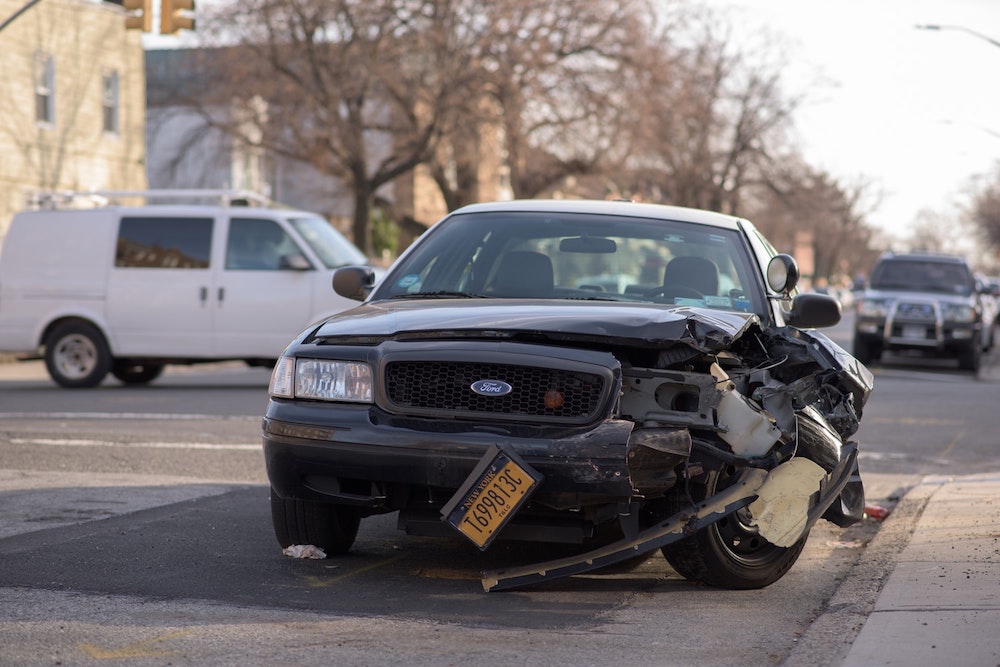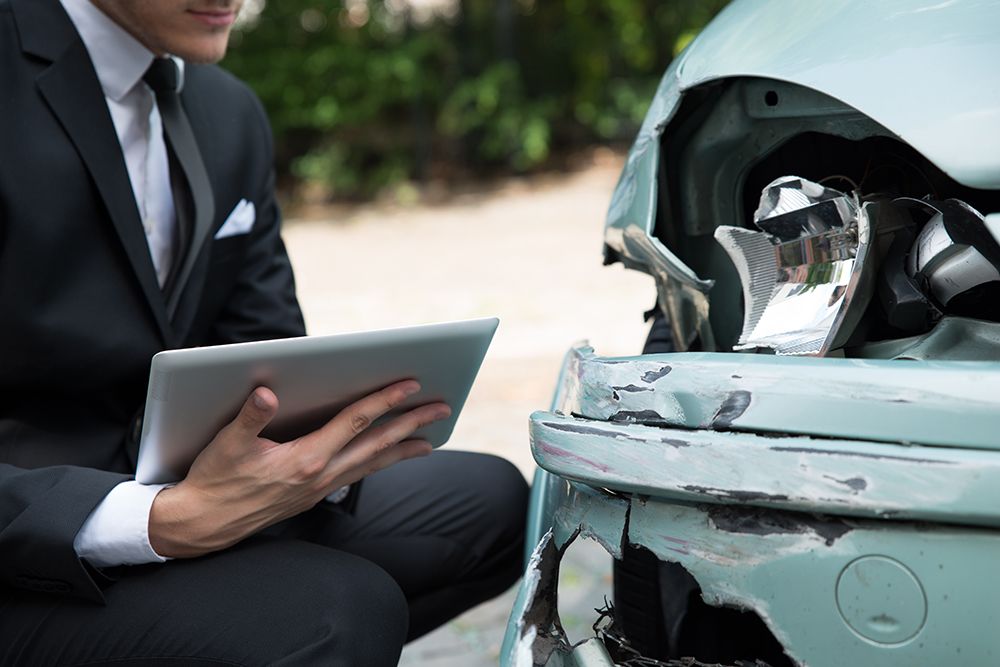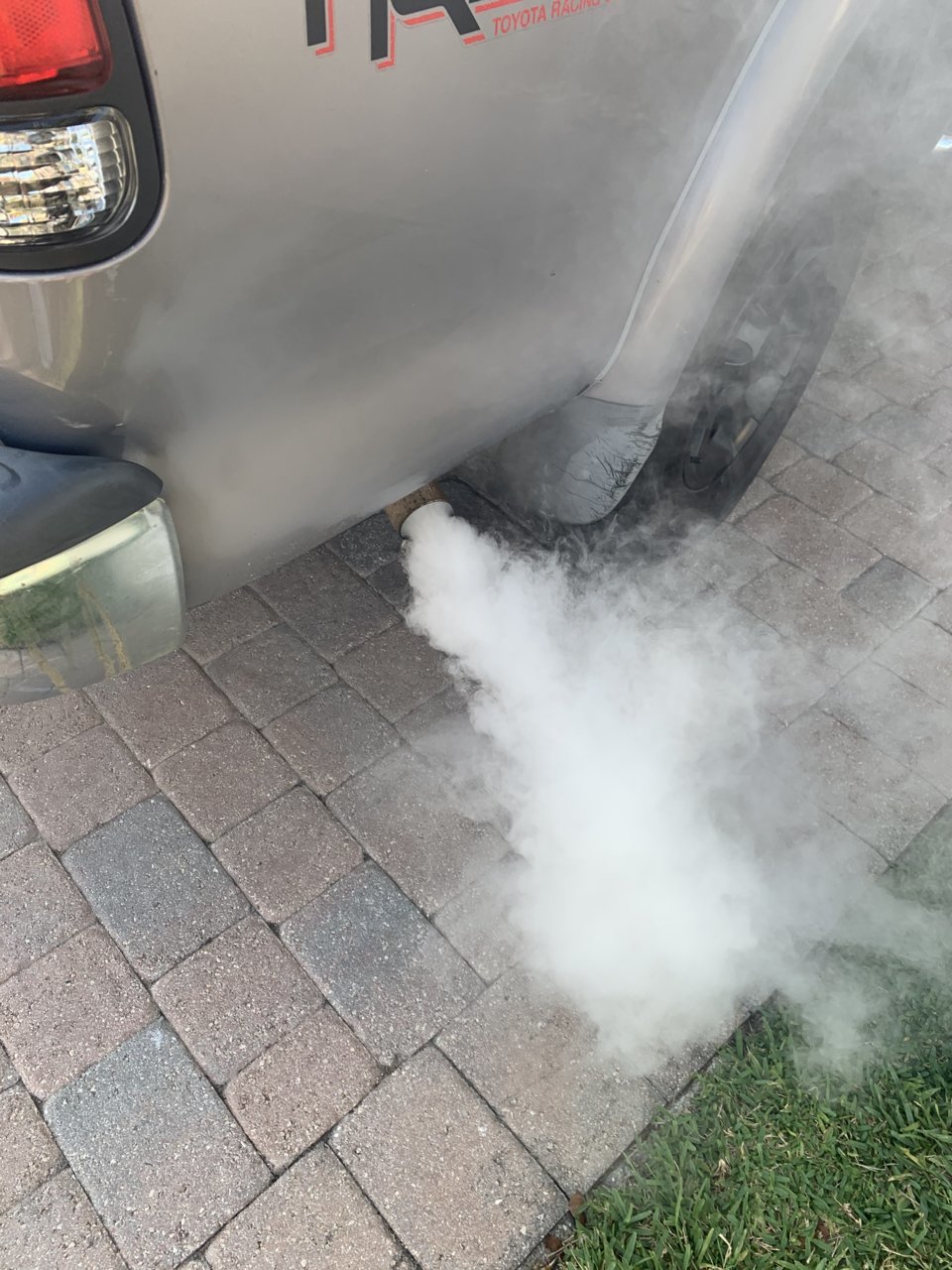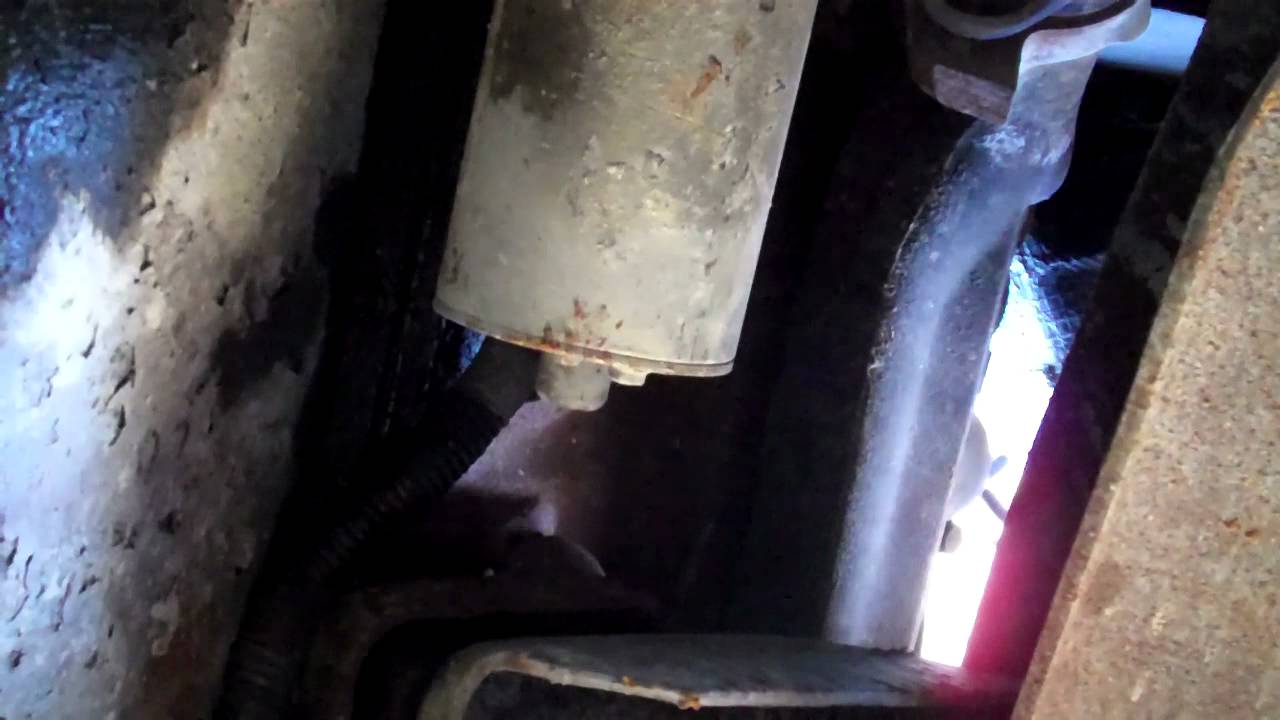Is It Worth Repairing a Car After an Accident
Deciding to repair a car after an accident depends on the cost of repairs relative to the car’s value. It is worth it if the repair costs are significantly lower than the car’s value post-repair.
Evaluating whether to fix a car post-accident involves assessing several factors. Understanding the extent of the damage is crucial, as minor repairs might be cost-efficient and extend the vehicle’s lifespan. On the other hand, significant damage can lead to a series of costly fixes that may not be justifiable, especially if the vehicle’s market value is low.
Vehicle owners should consider repair costs, car value, safety, and insurance coverage before making a decision. A professional mechanic’s assessment and an insurance adjuster’s input often play key roles in this determination. Ultimately, the choice hinges on practicality, financial sense, and personal attachment to the vehicle. Repairing an accident-damaged car can be a wise investment or a money pit, and the decision should be made with due diligence.

Credit: cover.com
Assessing The Damage
After an accident, it’s critical to take a careful look at your car. Assessing the damage helps determine whether a repair is viable. This process involves checking for structural issues, mechanical problems, and cosmetic concerns. The decision to repair hinges on the severity of damage and the impact on the car’s value and safety.
Extent Of Structural Damage
Structural damage can compromise a car’s integrity. A professional inspection will reveal if the car’s frame or chassis is bent or broken. Key points to investigate include:
- Alignment: Is the car’s frame still aligned properly?
- Welding points: Are they intact, or have they been damaged?
- Crucial parts: Are main structural components affected?
Mechanical Integrity Compromise
Vehicles have complex systems that need to work in harmony. When an accident occurs:
- Check the engine and transmission for signs of damage.
- Inspect the suspension, brakes, and wheels for proper function.
- Ensure all safety features are operational.
If key mechanical elements are compromised, repairs may be extensive.
Aesthetic Impacts And Value
Looks matter when it comes to a car’s value. Consider the following:
| Part | Damage Level | Repair Cost |
|---|---|---|
| Body panels | Minor dents to major | Varies |
| Paint | Scratches to full repaint | Varies |
| Windows | Chips to full replacement | Varies |
Dents, scratches, and other body work can affect your car’s resale value. Estimating the cost to restore aesthetics is crucial.
:max_bytes(150000):strip_icc()/car-repair-following-insurance-claim-accident-527113_color-e5cd60eaed274db5b5e65c860183cd64.png)
Credit: www.thebalancemoney.com
Financial Considerations
Assessing the finance angle is crucial after a car accident. Does repair make sense for your wallet? Let’s dive into the numbers and see what the bank account says.
Repair Costs Vs. Vehicle’s Value
Compare repair expenses against your car’s worth. A simple rule many follow is the “50% rule”. If repairs cost more than 50% of the vehicle’s value, consider replacement. Below is a breakdown to guide you:
| Car’s Current Value | Repair Estimate | Decision Point |
|---|---|---|
| $10,000 | $5,000+ | Consider Replacement |
| $10,000 | Less than $5,000 | Leans Towards Repair |
Insurance And Collision Coverage
Is your car insured? Collision coverage can influence your decision. Here’s what to note:
- Deductible amount – You’ll pay this out-of-pocket before insurance.
- If coverage pays for repairs, it could mean saving significant costs.
- No insurance? – You’re facing full repair costs alone.
Depreciation Post-repair
After repairs, cars often lose value, known as diminished value. Repair history can deter future buyers, affecting resale. Consider this loss when deciding to repair or replace. Here’s a quick glance at potential value loss:
- Minor damage typically leads to smaller value drops.
- Major repairs can cause significant depreciation.
- Vehicles with no accident history generally retain higher value.
Safety Implications
After a car accident, your top concern is safety. Before making repair decisions, consider how the crash may have altered safety features. These changes can affect how the car protects you in the future.
Impact On Vehicle Safety Ratings
Car accidents can significantly affect structural integrity. The vehicle’s safety rating, based on its original, undamaged condition, might not apply post-repair. A professional inspection is essential to assess the damage to critical systems. These include airbags and crumple zones. Repair quality influences whether the vehicle maintains its safety standards.
Reliability After Repairs
A damaged vehicle may carry hidden problems even after fixes. It’s crucial to work with a reputable repair shop offering a guarantee on work performed. Below is a checklist for ensuring ongoing reliability:
- Verify use of OEM (Original Equipment Manufacturer) parts
- Seek a detailed repair report
- Get post-repair safety inspections
- Check for new noises or issues after repairs
- Opt for routine maintenance checks
Remember, a repaired car should keep you as safe as a new one. Treat any compromise on safety as a serious issue.
Time Factors
Assessing time factors is crucial after a car accident. Quick decisions can save both time and money. Consider repair durations and alternative transportation costs thoroughly before proceeding.
Duration Of Repairs
The time it takes to repair your vehicle depends on multiple factors:
- Extent of Damage: Minor dents are quicker to fix than structural issues.
- Availability of Parts: Unique parts may require longer wait times.
- Workshop Capacity: Busy garages extend repair times.
Consult with technicians to get a clear timeframe. This influences your next steps after an accident.
Alternative Transportation Costs
While your car is in the shop, you need a transportation alternative. Options include:
| Transportation | Cost | Availability |
|---|---|---|
| Rental Car | Variable | High |
| Public Transit | Lower | Depends on Location |
| Ridesharing | Per Trip Basis | High |
Calculate the total cost of alternative transportation for the estimated repair time to make an informed decision.
Emotional And Practical Ties
Emotional and Practical Ties often determine our decisions regarding damaged cars. After an accident, you might face a tough choice. To repair or not to repair? This choice isn’t just practical; it carries emotional weight, too.
Sentimental Value Of The Car
Many people form deep attachments to their vehicles. Each car has a story. Think of your first drive, road trips, or special moments. These memories turn a car from a tool into a treasure.
- Last family vacation
- Drive to the graduation ceremony
- Gift from a loved one
Availability Of Comparable Alternatives
Finding another car isn’t always easy. Consider these points:
| Factor | Description |
|---|---|
| Cost | Can you afford a similar car? |
| Features | Does it match your old car’s features? |
| Condition | Will it be reliable? |
Making The Decision
Making the right choice after a car accident can be tough. Your beloved car needs repair, but should you do it? This decision involves cost, safety, and future value. Read on to learn what steps to take when deciding.
Consulting With Professionals
Talk to a trusted mechanic right away. They’ll give you a clear picture of the damage. Specialists can spot issues that aren’t obvious. Make sure to understand all repair needs. Your car’s safety depends on professional advice.
Second Opinions And Quotes
- Never settle on the first repair estimate. Get multiple quotes to compare.
- A second mechanic might find hidden damages or offer cost savings.
- Compare the provided estimates. Important factors include price, parts used, and repair time.
Long-term Consequences
| Factor | Impact |
|---|---|
| Resale Value | Repairs might not fully restore value. |
| Safety | Not all repairs guarantee future safety. |
| Future Costs | Consider possible ongoing maintenance costs. |
A repaired vehicle can lead to lower resale value. Always weigh future safety against current repair costs. Think about long-term expenses. A good repair now prevents costly problems later.
Frequently Asked Questions Of Is It Worth Repairing A Car After An Accident
Is Repairing A Car Post-accident Cost-effective?
Post-accident car repairs can range from cost-effective to prohibitively expensive. Assess the damage, car’s age, and repair costs compared to the car’s value. If repairs are minor and the car is otherwise reliable, they can be worth it. Otherwise, replacing might be more economical.
How Does Accident Severity Impact Repair Decisions?
The severity of the accident significantly affects repair decisions. Minor damages like dents or scratches often warrant repairs. Major structural or mechanical damage, especially when airbags deploy, might suggest the car is totaled, leading to possible replacement over repair.
What Factors Determine If A Car Is Totaled?
Insurance companies declare a car totaled if repair costs exceed a certain percentage of the car’s value, typically around 70-75%. They consider the vehicle’s salvage value, age, pre-accident condition, and the extent of the damage in this determination.
Can Repaired Accident Cars Be Fully Restored?
Accident cars can often be repaired to a roadworthy state, but full restoration to pre-accident condition depends on the extent of damage. Professional repairs can bring many cars close to original condition, but some damages, especially to the frame, may not be completely rectifiable.
Conclusion
Deciding on whether to repair your car post-accident requires analysis. Consider its value, damage extent, and emotional attachment. Researching and comparing costs versus a new purchase can guide your choice. Trust your judgment and consult with professionals to make an informed decision.
Safety and economics should always steer your decision. Repair only if it makes sense for you.



